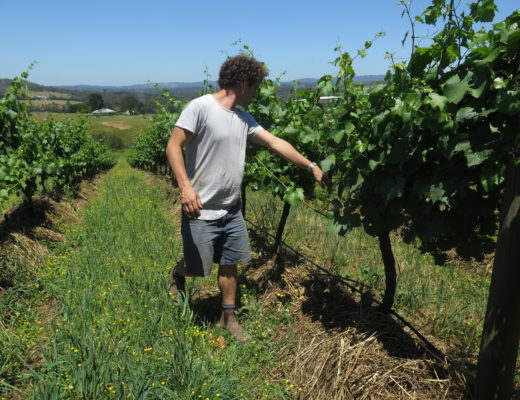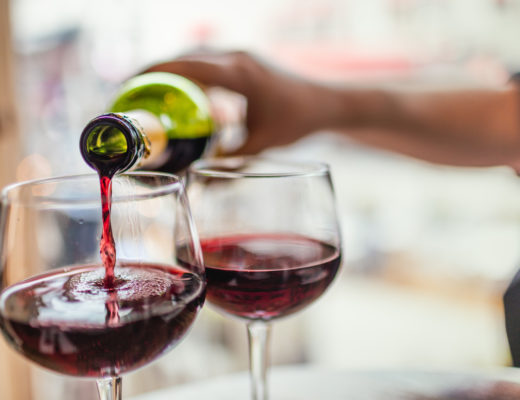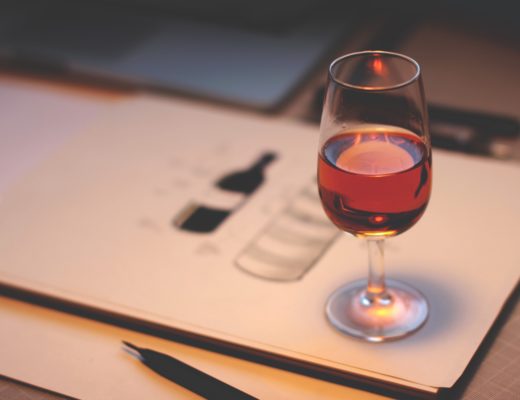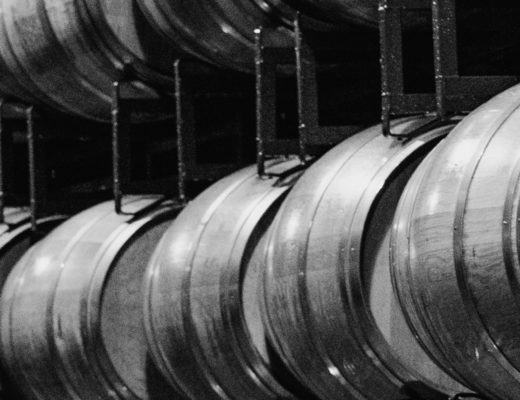Wine connoisseurs do one of two things when they have guests — graciously share with their family and friends or horde their best vintages away until everyone leaves. Rare wine can be expensive to come by. Knowing what makes it valuable by asking the right questions can help you immensely before making a purchase.
There are five questions that you should ask before splurging on rare wine — Who produced the wine (and where)? What is the vintage? How scarce is the wine? What is the longevity of the wine? What are the critics scores?
Producer
There are over one million wine producers in the world today. However, out of that one million only around 250 to 350 producers create wines that increase in value over time. These elite few producers mostly exist in wine regions located in Italy, California, and France. Examples of investment grade wines are the California cult wine Screaming Eagle and Chateau Lafite-Rothschild from France.
Vintage
Producing wine can be tricky business. Grapes are often temperamental and are usually at the mercy of the local climate. If the climate is optimal, you’ll likely have a fantastic crop of grapes and produce a good vintage as a result. If not, the vintage may be below average. Finding the perfect growing conditions can be difficult, especially in regions with volatile climates. Thus, vintage quality can fluctuate year to year.
Scarcity
No matter how superb or plentiful a specific vintage may seem, all wines have limited quantities available for consumption. There are two reasons wines become scarce — only a limited amount was made in the first place, or the wine is consumed. Therefore every bottle of wine consumed is one less in existence.
Longevity
The longevity of wine is tied closely to the vintage which in turn reflects the projected value. Generally speaking, good vintages last for a long time. For example, the 1945 Chateau Mouton Rothschild Pauillac, a popular vintage, will have a maturity period that will last at least another 30 years. However, the more recent 1993 Chateau Mouton Rothschild Pauillac is considered past its peak.
Critics scores
If you’re a wine enthusiast, you’ve likely heard of Robert Parker, the acclaimed wine critic whose scores influence millions of wine drinkers. Everyone within the wine community may not like wine critic scores, but they’re still vital when it comes to putting a value on wine. A wine scored at 100, the highest possible score that wine can be ranked, is often more valuable than wine scored at 95. Therefore, critic scores can often make or break a vintage in terms of sales.
Asking the right type of questions can help you identify the rarity of a specific wine and guide you on your purchasing decision. Once your questions have been answered sufficiently, splurge to your heart’s content!





